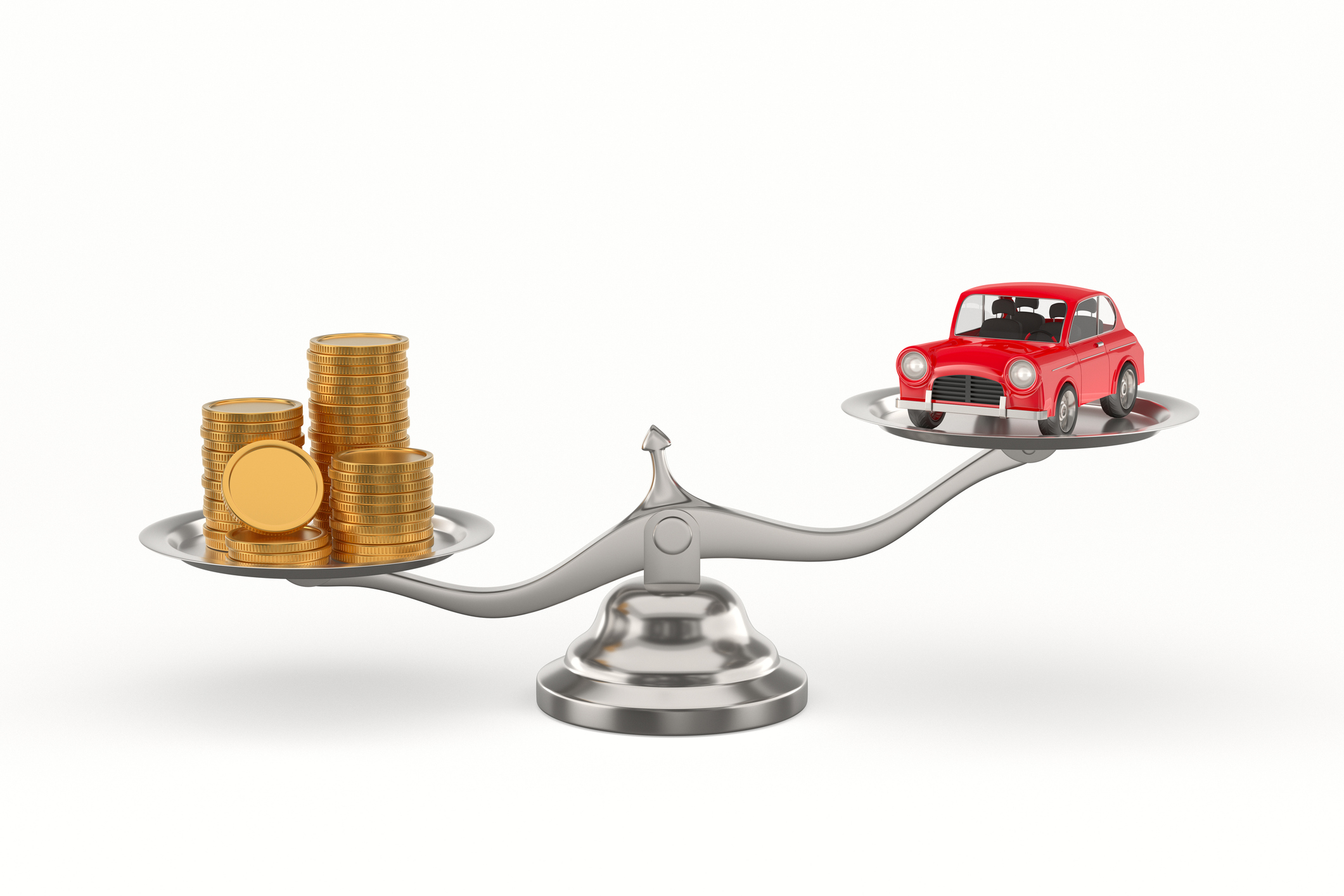Can You Use a Personal Loan to Buy a Car? You can use a personal loan to buy a car. However, it’s only best in certain situations. While, personal loans aren’t the most common choice for vehicle financing, using personal loan funds to buy a car is perfectly legal, and doing so isn’t only possible, but it can even make sense for some.
If you’re buying from a private seller, looking at an older car, or want to avoid making a down payment, funding your purchase with a personal loan can be a solid solution. That said, personal loan interest rates are usually higher than those of traditional auto loans, so it’s important to understand when to consider it.
Here’s what you need to know.
Key Takeaways
|
Personal Loan vs. Auto Loan: What’s the Difference?
Auto loans and personal loans may appear similar on the surface, but they have key differences in terms of cost, eligibility, and risk. While you, as a borrower, take on less risk by not using the car as collateral, you’ll likely pay more in interest for transferring your risk to the lender.
The Department of Financial Protection & Innovation says this about personal loans. “One of the most attractive things about personal loans is they can be used for any reason.”
Where eligibility is concerned, there are a few considerations. In general, it’s easier to qualify for a car loan. Lenders see them as safer, because you’ll have something to lose if you don’t make the payments. However, qualifying for an auto loan often means absorbing some risk by putting up a significant down payment, which can put the option out of reach for some.
That said, personal loans are often available to borrowers with less-than-stellar credit, which can help avoid a large down payment. However, because of the lender’s added risk, the option will be more expensive in the long run.
Also Read: Credible Vs Lendingtree – Which Personal Loan Is Best?
Key Differences
- Interest rates: Auto loan interest rates often start in the single digits for qualified buyers, while personal loan APRs are generally higher due to increased risk for the lender.
- Loan terms: Auto loan terms are highly dependent on the age and value of the vehicle, which can be limiting. Personal loan terms are usually more closely tied to the borrowed dollar amount.
- Down payments: Auto lenders often require one, while personal loans often don’t. However, be aware that origination fees may apply and will decrease the borrowed amount or increase the amount you owe.
- Collateral: Auto loans are secured by the car, which can be repossessed. Personal loans are usually unsecured, so your car isn’t directly at risk.
- Loan amount: Personal loan limits vary by lender, but maximums can be lower than those of auto loans, depending on your creditworthiness.
When Does It Make Sense to Use a Personal Loan to Buy a Car?
While auto loans are usually the cheaper route, personal loans can be a good fit in specific scenarios. Personal loan funds aren’t restricted, so you can use them to cover the full purchase price as well as registration, taxes, or even repairs, which can mean more versatility and put a car within reach where conventional auto financing could fall short.
For instance, if you wish to purchase an older vehicle that needs immediate repairs, you can use a personal loan to cover the entire list of costs, including the price of the car, tax and registration, title transfer, and repair work with a single funding source.
Scenarios Where Using a Personal Loan to Buy a Car Works
- Buying from a private seller: Some auto loan providers require dealership purchases, meaning personal loans are more flexible.
- Older or high-mileage vehicles: Many auto lenders won’t finance older cars or cars with high mileage.
- Avoiding a down payment: Personal loans generally don’t require a down payment, although origination fees aren’t uncommon.
- Competitive rate offers: Some borrowers with excellent credit may qualify for a personal loan rate that rivals typical auto loan rates.
- Covering extra costs: Loan funds can be used for title fees, registration, insurance, or even maintenance.
Related Article: What Is Online Loan Prequalification?
Benefits and Drawbacks of Using a Personal Loan to Buy a Car
Using a loan from one of the best personal loan providers for car financing comes with both advantages and disadvantages. Comparing them side by side makes it easier to see whether this option fits your budget and goals.
Benefits
|
Drawbacks
|
Used Car Loan Mistakes to Avoid Before You Apply
If, after weighing your options, you decide a traditional auto loan is the better choice for your situation, avoid these common mistakes:
- Focusing only on the monthly payment instead of the total cost.
- Applying without checking your credit score first.
- Skipping pre-approval and missing out on better rates.
- Ignoring lender restrictions on age, mileage, or purchase type.
Related Article: 9 Real-Life Factors to Consider When Borrowing Money
How to Choose the Best Used Auto Loan for Your Budget
Finding the right lender matters as much as finding the right car. Here’s what to consider when choosing your funding:
- APR and total cost: Even a 1 or 2% difference can save thousands over the life of a loan, depending on the dollar amounts involved.
- Loan terms: Longer terms mean lower monthly payments but higher overall cost.
- Eligibility: Minimum credit scores, vehicle age limits, and residency restrictions vary by lender.
Our overview of the best used car loan providers goes into more detail about finding the best solution for your needs. Some providers we recommend include:
- Upgrade: Quick refinancing approvals and strong reviews, but no direct purchase loans.
- Credible: Excellent marketplace for financial tools, including persona, vehicle loan solutions, and more.
- PenFed Credit Union: Low rates, flexible loan terms, and excellent nationwide member service.
- Lightstream: Unsecured loans with quick funding and no vehicle restrictions.
- Bank of America: Solid refinancing options, nationwide branches, and a 30-day rate lock.
- Capital One: Prequalification with no credit impact and Auto Navigator for transparent shopping.

